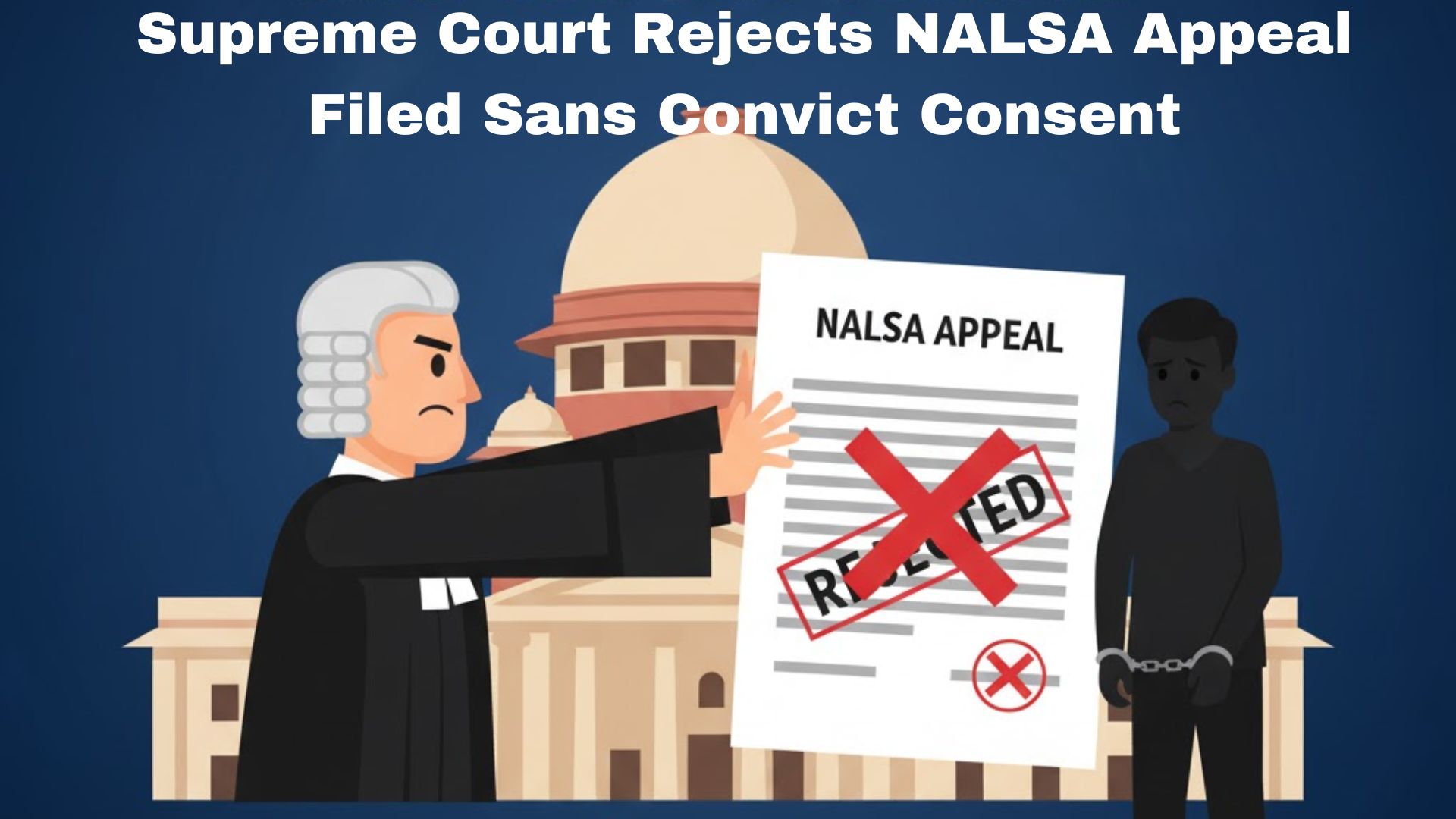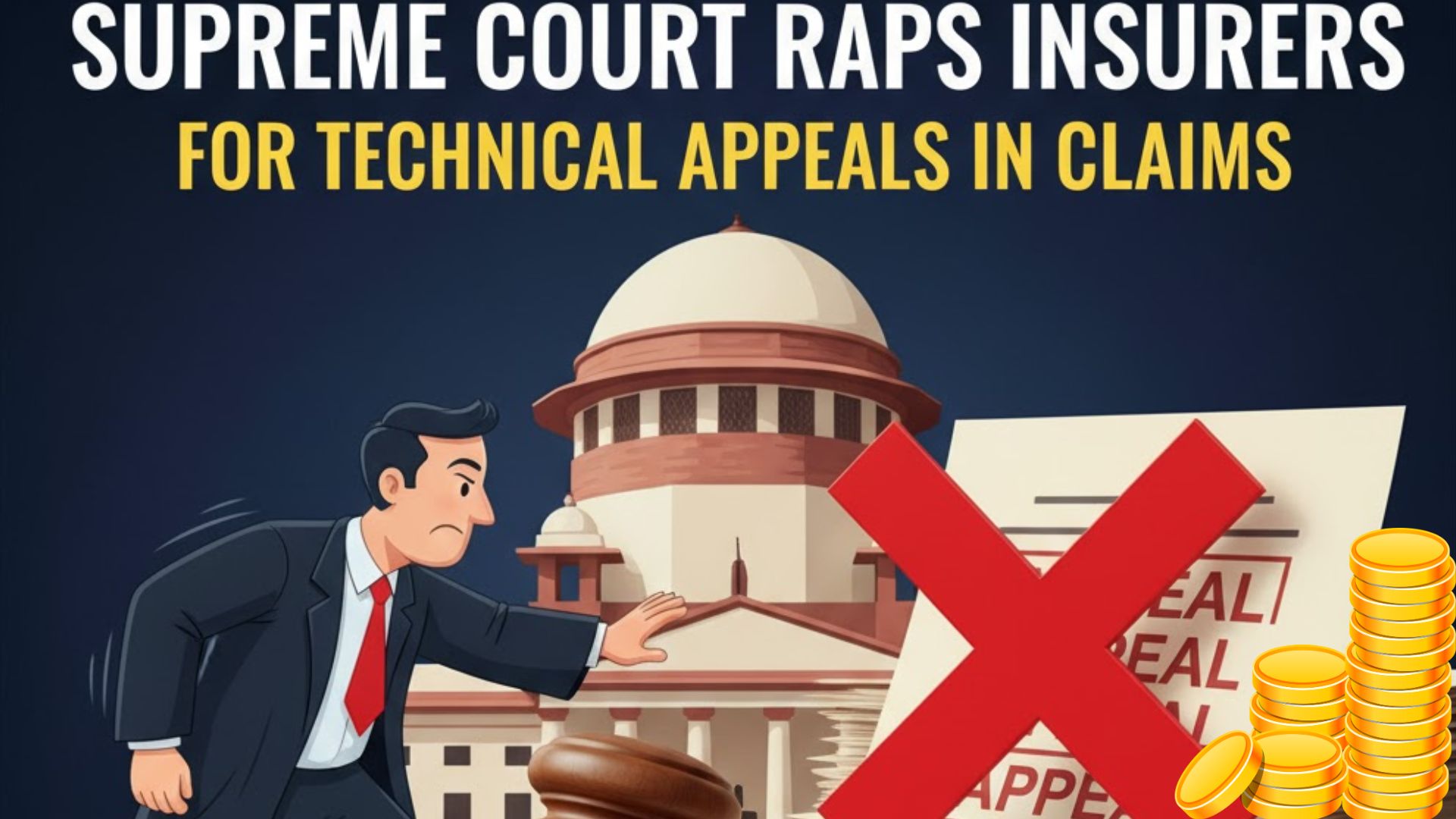Tarun Agarwala, J.@mdashHeard Sri Prakash Gupta, the learned Counsel for the revisionist and Sri B.N. Agarwal, the learned Counsel for the
plaintiffs, landlord, Opp. Parties.
2. The plaintiff filed a suit for ejectment of the defendant and for recovery of arrears of rent and damages. The plaintiff contended that the
defendant had not paid the rent and, therefore, was liable to be evicted from the premises in question. The defendant resisted the suit and denied
that he was in arrears of rent. However, the defendant, in order to avoid all controversy, took protection u/s 20(4) of U.P. Act No. 13 of 1972,
and deposited a sum of Rs. 4886.69 paise towards arrears of rent, cost, etc. on 22.09.1978, praying that since he had deposited the entire rent,
etc. on the first date of hearing, the benefit of Section 20(4) of the Act should be given him and he should be discharged from the liability of
ejectment. The court below rejected the application and decreed the suit for ejectment and arrears on the ground that the applicant had not
deposited the amount on the first date of hearing and that the original tenant, having died after the determination of the tenancy and the statutory
tenancy, not been heritable, consequently, the benefit of Section 20(4) of the Act could not be passed on to the heirs of the tenant.
Aggrieved by the decree of the trial court, the tenant filed the present revision u/s 25 of the Provincial Smell Causes Court Act.
Upon hearing the counsel for the parties and, upon a perusal of the record, this Court is of the opinion that the order of the trial court cannot be
sustained. The revision is liable to be allowed.
3. The learned Counsel for the applicant submitted that the entire rent was deposited on 22nd September, 1978. This fact has been alleged in
paragraph 7 of the affidavit accompanying the stay application. The landlord, opp. party has not denied this fact in paragraph 7 of the counter
affidavit but disputed that the amount was not deposited on the first date of hearing. From the said averments, it is clear that the landlord, opp.
party has not denied the factum of the deposit of the amount by the tenant before the court below.
4. The question that remains to be answered is, whether the tenant had deposited the entire rent, etc. on the first date of hearing and whether he
was entitled to be given the benefit of Section 20(4) of the Act. The court below has given a specific finding that 08.12.1978 was the first date of
hearing when the tenant was required to file his written statement. Prior to the first date, the tenant had deposited the amount on 22.09.1978.
Consequently, the tenant was liable to be given the benefit of Section 20(4) of the Act.
The finding of the trial court that the heirs of the original tenant was not liable to be given the benefit of Section 20(4) of the Act, since, the tenancy
was not heritable and further the tenancy of the original tenant had been determined is patently erroneous.
5. In my view, the judgment of this Court, namely Hari Ram v. Raja Ram 1975 A.L.J. 377 stands impliedly overruled in view of the decision of the
Supreme Court in the case of Damadilal and Others Vs. Parashram and Others, wherein the Supreme Court held that the tenancy of a contractual
tenant is heritable.
6. In view of the aforesaid, this Court of the opinion that in spite of the determination of the tenancy, the same was heritable and the benefit of
Section 20(4) of the Act could be availed by the heirs of the original tenant.
In view of the fact that the tenant had deposited the entire amount on or before the first date of hearing, the benefit of Section 20(4) of the Act was
liable to be given to him. Consequently, the tenant could not be evicted from the premises in question on the ground of the alleged default.
7. In view of the aforesaid, the impugned order cannot be sustained and is quashed. The civil revision is allowed.
However, it has come on record that the rate of rent is Rs. 56.25 paise per month and that the property is located in the prime location in Jhansi.
Considering the facts and circumstances of the case and, as agreed by the learned Counsel for the parties, the rent is enhanced to Rs. 2,000/- per
month, which shall be paid by the tenant w.e.f. the 1st October, 2007 onwards.

